The community of Nyanganira had a pump first installed in 1993 through a Kenyan government program. Unfortunately, there was no foresight into managing repairs. So, by 2015 they did still have the pump – but it didn’t’ work because of broken rods.
So at that time, P4P was approached by the Nyanganira community to repair the pump by replacing 2-rod cylinders. P4P funding fixed the pump’s two broken rods, and voila! Clean water again!
Now, it’s 8 years later . . . what did Sandy and Stacey find on their return to Nyanganira?
Yes! The Nyanganira pump is still up and running!
But, another amazing thing happened 8 years ago after P4P fixed the pump. Instead of just waiting for the pump to break again, the community members banded together, forming a water committee that manages the pump.
The community water committee collects a small fee of 30 ksh (3 cents US) per month which will be used for future repairs. Any community member may join, but if you are not a member you can still use the pump for a daily fee of 50ksh (about 5 cents US). This is very helpful during times of drought as the pump consistently provides clean water for the entire community and sometimes even villagers from nearby Tanzania.
One slight problem remains. Currently, every two years they must replace a rubber component that erodes. The solution is to replace the existing rods with 2 stainless steel rods which minimizes erosion.
The community would like P4P is assist with the funding of these rods and they are submitting a proposal . Ideally, as with most P4P projects, it will be a partnership with P4P paying a portion and the community will pay a portion.
It will be another P4P project that will help ensure hundreds of villagers access clean, potable water for their families each day.
It was inspiring to work with a community that recognizes not only the value of clean water but also believe in community led solutions to the management of the water pump.
Challenges still remain. Sandy and Stacey also visited the Kopanga Springs water project in which P4P created a water protection area.
In this project, there is a pipe running from a spring-fed water source leading to the water collection area. Sadly on their visit, Sandy and Stacey learned that about a year ago there crack in the pipe resulting in a blockage of the pipe. Unlike the Nyanganira project there is no water committee to ensure maintenance and collection of fees for repair, so the project has been sitting idle.
We are extremely disappointed but plan for our P4P Kenyan staff to meet with the community members to develop new strategies for the Kopanga Springs water project. We strongly believe there needs to s a local water committee that takes ownership to ensure long-term success.
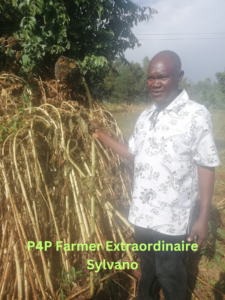
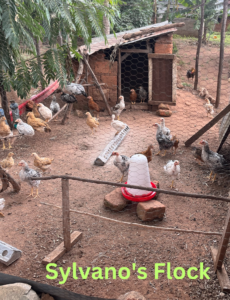
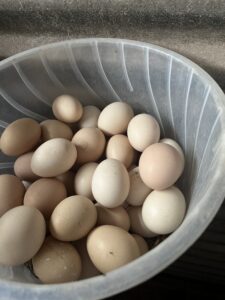
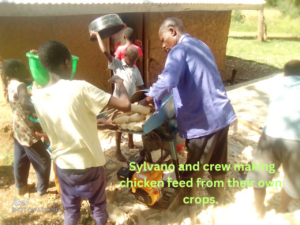
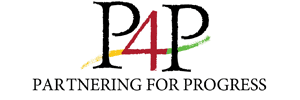
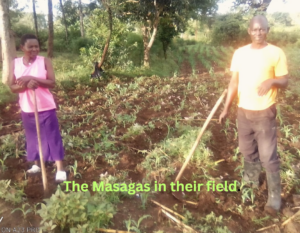
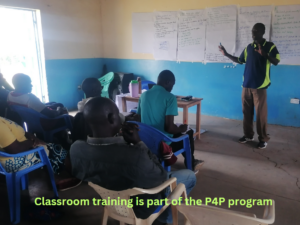
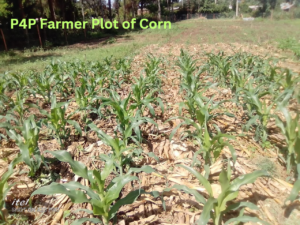
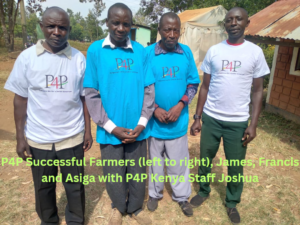
Recent Comments